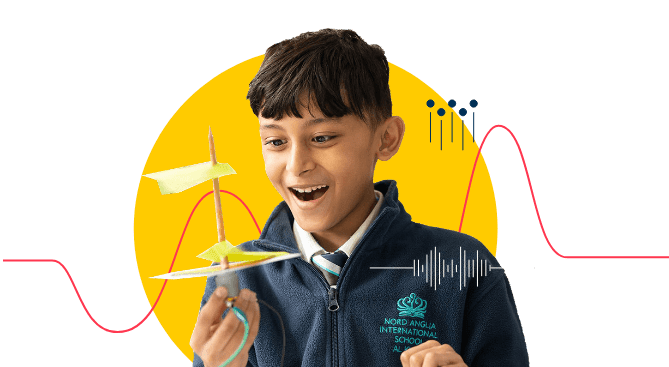Blog
Get Ready for Big School at BIS Abu Dhabi - For Ages 2-4
Enjoy free parent info sessions and fun guided play mornings every Tuesday from 17 February to 23 June 2026.
 News | Advice and Guidance | Primary | Educational Insights
News | Advice and Guidance | Primary | Educational Insights Blog | Advice and Guidance | Choosing A School | Educational Insights | Posts From Our People
Blog | Advice and Guidance | Choosing A School | Educational Insights | Posts From Our People.jpg?rev=7a0888505a5f42e6ab63befb40d5cea2&hash=D2A8A5E14C7DE750BBC814FE8DBE842F) News | School News | Global News | Nord Anglia Education
News | School News | Global News | Nord Anglia Education Blog | Advice and Guidance | Educational Insights | Leadership Insights | Wellbeing and Pastoral Care
Blog | Advice and Guidance | Educational Insights | Leadership Insights | Wellbeing and Pastoral Care.jpg?rev=2a4509b4e3664e3a9413bb2e24d0c0d0&hash=A2307DD3156A888905DCF0B467CBC2A9) News | School News | Student Achievement
News | School News | Student Achievement Blog | Advice and Guidance | Choosing A School | Nord Anglia Education
Blog | Advice and Guidance | Choosing A School | Nord Anglia Education.jpg?rev=16ac729ed02b4f74b3691e3780ff0da6&hash=0951D1BA1F8FA7287A3F2920EBD517A3) Blog | Advice and Guidance | Choosing A School | Nord Anglia Education
Blog | Advice and Guidance | Choosing A School | Nord Anglia Education.jpg?rev=2117df3a6cb94983b0795be1a159c27b&hash=480A733548DCA3B8BE56B550BC24352D) Blog | Advice and Guidance | Choosing A School | Nord Anglia Education
Blog | Advice and Guidance | Choosing A School | Nord Anglia Education Blog | Advice and Guidance | Educational Insights | Leadership Insights | Posts From Our People
Blog | Advice and Guidance | Educational Insights | Leadership Insights | Posts From Our People Blog | Alumni Stories | Student Achievement | Choosing A School
Blog | Alumni Stories | Student Achievement | Choosing A School Blog | Advice and Guidance | Educational Insights | Leadership Insights | Posts From Our People
Blog | Advice and Guidance | Educational Insights | Leadership Insights | Posts From Our People